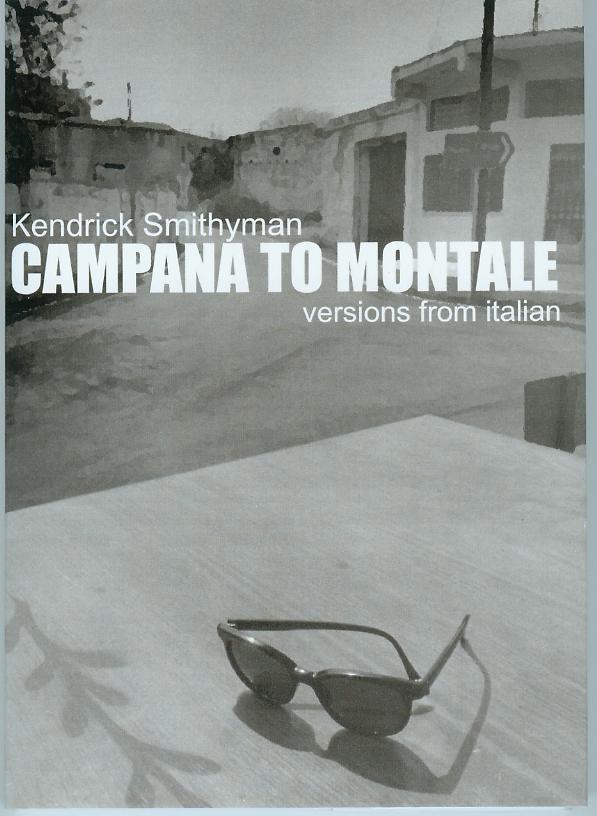
Jack Ross
Notes on NZ poetry
Jack Ross
Dancing on ropes with fetter’d legs
The Ka Mate Ka Ora translation issue

April 18, 2012
Experiments with sound

April 13, 2012
The persistence of memory
More reactions to the Short Takes on Long Poems symposium
April 6, 2012
Begin anywhere
The Short Takes on Long Poems symposium
March 31, 2012
